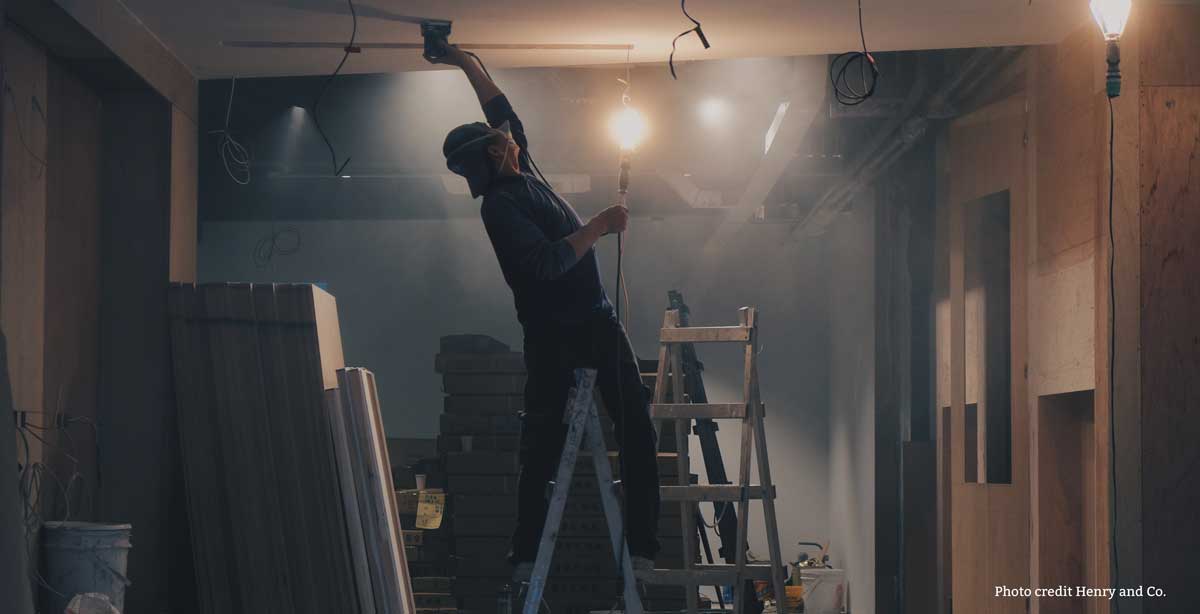What you know AND what you don’t know
– Feature article contributed by Robin Mellon, CEO Better Sydney –
Thousands of organisations across Australia are now producing their first Modern Slavery Statement to publish on their website and submit to the Australian Government. Although some international organisations have been reporting under the UK Modern Slavery Act for several years, for the majority of reporting entities this is when ‘the rubber hits the road” and they bring together what has been done, what is underway, and what is yet to come, into a Statement that will be viewed by clients, employees and suppliers. For these organisations, and those within their extended supply chains, I have three suggestions.
1) Now IS the time to be talking about modern slavery:
I’ve been concerned to hear recently, from several large organisations with far-reaching supply chains, that “now isn’t the time to talk about modern slavery as we’re trying to deal with COVID-19”. I understand the focus needed to cope with the pandemic and its impacts, but we are already seeing suppliers abandoned, discounts requested, and payments delayed. It is likely that the parts of our supply chains least able to cope with the social, physical and economic distress of COVID-19 will be those bearing the brunt of supply chain disruption. Recent articles highlight how our supply chains start to experience these difficulties: “Suppliers under pressure as Australian retailers ask for discounts” and “Call centre workers in the Phillipines sleeping in offices”. The Australian Government has outlined some of the key actions organisations can take to reduce the risk of vulnerable workers in their operations and supply chains becoming exposed to modern slavery as a result of COVID-19. So now IS the time to be talking about human rights and modern slavery within our supply chains, as a fundamental part of responsible business, better supplier engagement and truly sustainable procurement. Saying “we don’t have time to prioritise human rights” is just not acceptable; it indicates a broken business model.
2) Use this ‘extension’ to prioritise, engage and educate:
Although the Modern Slavery Act 2018 requires organisations to submit modern slavery statements within 6 months after the end of their reporting periods, this deadline has been extended by an additional three months for all entities whose reporting periods end on or before 30 June 2020 in order to support reporting entities impacted by the COVID-19 pandemic to meet their obligations. The extension recognises that the pandemic is significantly impacting many reporting organisations, and offers additional time to assess changing modern slavery risks linked to COVID-19 and prepare and submit their modern slavery statements. So how should reporting entities be using this time? Firstly, by prioritising their actions; perhaps tier by tier, or country by country, according to the risk of harm to people. Secondly by engaging more with their extended supply chains and creating more of a ‘two-way street’; seeing what they can do for their suppliers, not just setting out their procurement requirements. And thirdly by increasing education and raising awareness through their operations and supply chains; using free learning resources such as those provided by the School to build capacity across every tier of their supply chains to assess and address the risks of modern slavery.
3) Be aware that modern slavery is easier to assess and address when considering areas you know you know, trickier when looking at what you know you don’t know, and downright difficult when thinking about areas you don’t know you don’t know:
I’ll put this another way; working with Tier 1 suppliers (the businesses you know you know) provides a level of data you can be reasonably sure about. Assessing human rights issues beyond Tiers 2 and 3 of your supply chain or your suppliers’ suppliers (the businesses you know you don’t know because your suppliers talk about ‘commercial in confidence’ arrangements when you ask, or perhaps don’t know themselves) gets tricky. It’s the modern slavery risks in the areas of your supply chain you don’t know you don’t know – instances when things have been sub-contracted without your knowledge to achieve a deadline, or procured from a new vendor without following protocols to meet a project milestone – that can be hardest to address. This is where you need to adopt a ‘cascade’ approach within your operations and supply chains, pushing awareness of human rights, education about modern slavery, responsiveness to the right procurement procedures, and knowledge of grievance mechanisms through every part of what you do. And don’t be afraid to work with third party organisations – not just consultants but civil society and NGOs – to get a different perspective on your operations and supply chains; people much more likely to tell you objectively and constructively what you don’t know you don’t know.
Robin Mellon is one of Australia’s experts on property, construction, supply chains and sustainability in the built environment. As the CEO of Better Sydney, he is Project Manager for the Property Council of Australia’s Supplier Platform and Modern Slavery Working Group, the NSW Program Adviser for Better Building Finance, was on the Australian Government’s first Modern Slavery Expert Advisory Group, and was the inaugural CEO of the Supply Chain Sustainability School.

